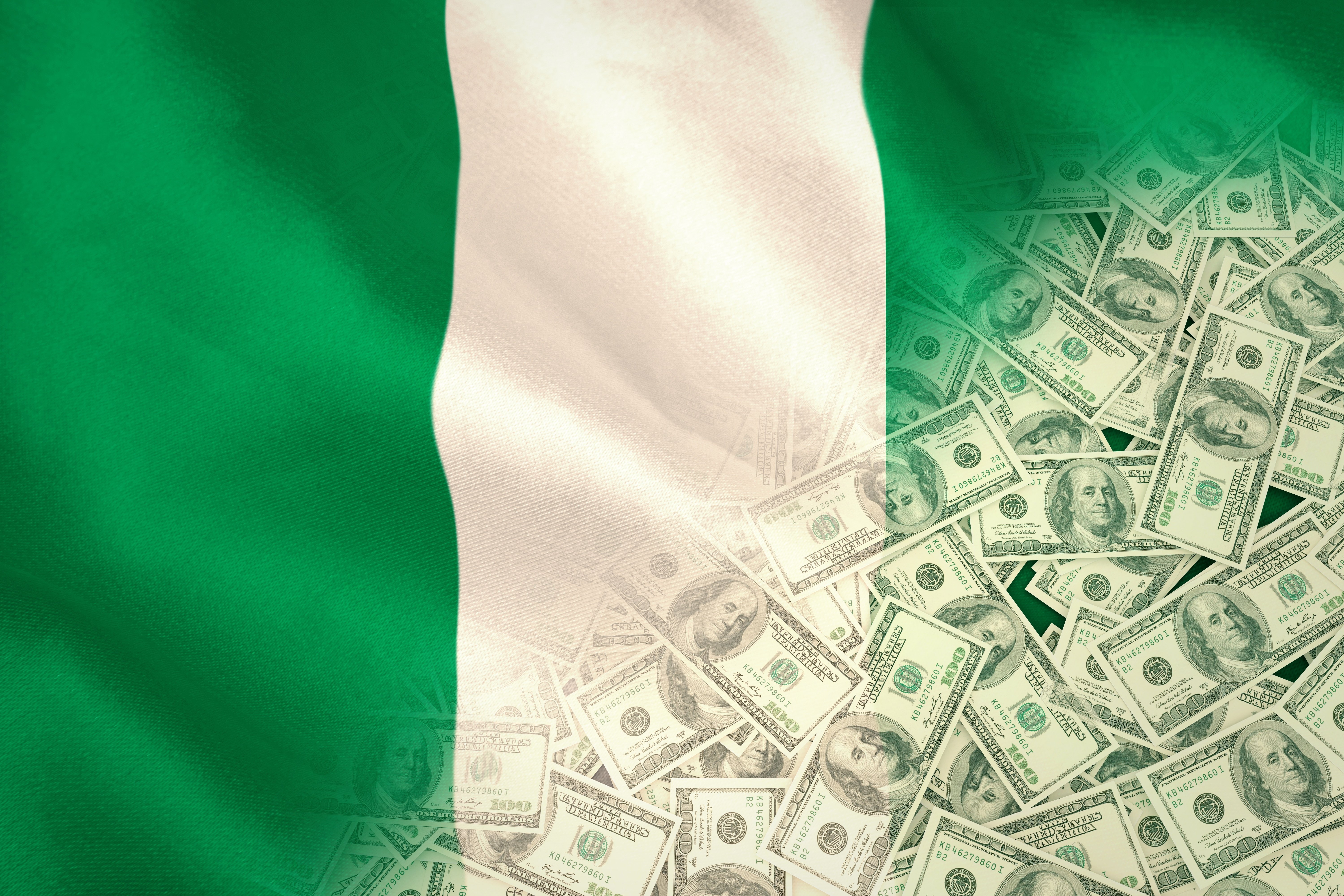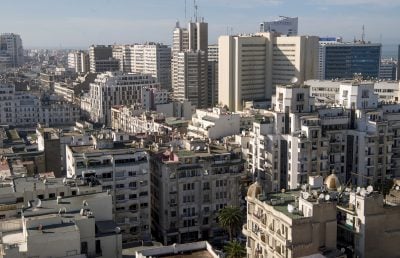In early June, Nigeria’s statistical agency, the National Bureau of Statistics (NBS) released the Nigerian Capital Importation report, which detailed a decline in capital importation into the country in the first quarter of 2022.
The report shows that the total value of capital importation into Nigeria in the first quarter of the year was only $1.57bn, slumping from $2.18bn in the preceding quarter, a decrease of 28%. The decline is not limited to the first quarter of 2022; when compared to the corresponding quarter of 2021, capital importation was found to have decreased by 17.46% from $1.9bn.
Further analysis of the data shows that there has been a consistent year-on-year decline in the past few years. Capital importation dropped from $23.99bn in 2019 to $9.66bn in 2020 and $6.7bn last year.
Capital importation consists of three baskets: foreign direct investment (FDI), foreign portfolio investment (FPI) and other investments. All of them bring in the necessary capital to create jobs and enhance liquidity, but experts say increasing FDI, which involves investing in long-term assets like creating or acquiring a manufacturing facility, is the most important to Nigeria.
FDI is the most important factor
In the Q1 report, just 9.85% ($154.97m) came in from FDI. By contrast, FPI, which targets financial assets such as stocks or bonds, accounted for 60.87% ($957.5m). This was followed by other investment with 29.2% ($460.6m).
Sector-wise, capital importation into the banking sector accounted for 52% of the total capital imported in the first quarter of 2022.
The dominant performance of FPI and increased capital importation into the banking sector account for the positive performance of the capital market, says Anthony Orji, who lectures in finance and development economics at the University of Nigeria, Nsukka.
However, talking on TVC News, Tajudeen Ibrahim, director of research and strategy at Chapel Hill Denham, an investment banking, securities trading and investment management firm in Lagos, described FPI as “hot money” which flies in and out quickly, and insisted that FDI is the most important factor for boosting Nigeria’s lagging economic growth, which this year is estimated at just 3.4% by the IMF.
FX scarcity stymies investment
What is behind the decline? Experts say that investor confidence remains low as a result of the inability of businesses to access foreign exchange. Emmanuel Nwosu, head of the department of economics at the University of Nigeria, Nsukka, says that the naira’s volatility, coupled with the inability of businesses to access foreign exchange, is stymying investment.
“Investors are scared of the kind of environment where you’d bring in millions of dollars and at the end of the day you go home with thousands of dollars. The exchange rate is crashing and we suspect that the volatility of the exchange rate is caused by domestic attacks on the naira. Citizens of Nigeria buy dollars and resell them as though it has become another kind of stock market. Also, the politicians attack the currency by selling billions of naira to convert to a few millions of dollars and they lead to a crash,” he says.
For months, the naira has struggled against the US dollar, complicating the repatriation of foreign currency to Nigeria.
Last year, the Central Bank of Nigeria (CBN) stopped selling dollars to registered exchange platforms in the country, accusing money changers of aggravating a dollar shortage, costing the market around $6bn a year of supply. Instead, it asked businesses to apply through their banks, despite widespread scepticism from analysts.
In return, the CBN says it wants to make it attractive for exporters to purchase the local currency and bring their overseas earnings home. The bank says it will offer long-term cheap credit to export-oriented producers and entice exporters to repatriate dollar proceeds and deposit them in Nigerian banks. But nobody is expecting immediate success – the bank expects the measures to boost foreign-exchange supply in the next three to five years.
Despite supportive oil prices, Nigeria’s FX reserves fell to $38.6bn at end-May 2022, having reached $41.5bn in September 2021 boosted by IMF special drawing rights allocation and eurobond issuance.
Continuing insecurity scares investors
In the meantime, Nigeria is once again facing mounting security challenges. In the northeast of the country, Islamist terror group Boko Haram has continued to wage war on Nigerian troops and civilians. June was punctuated by instances of violence. On 12 June Nigerian troops killed 47 Boko Haram militants in Bama, Borno state, and two members of the Civilian Joint Task Force (CJTF) were also killed in the crossfire. A day later, Boko Haram killed 13 in the area.
Meanwhile, clashes between farmers and pastoralists in the northwest and north-central regions of the country have continued to weigh on the agricultural sector. On 20 June, herders reportedly killed 16 in Guma, in the north-central state of Benue.
Separatism, ethnic violence and attacks on oil installations all add to an increasing list of security concerns for investors, says Adeola Adenikinju, professor of economics and head of the department of economics at the University of Ibadan.
“If you are putting your resources in an investment, you have to ensure that you can recover your resources in case anything happens,” says Adenikinju. “The issue of insecurity has affected foreign capital flows into Nigeria and some parts of the country are considered to be unsafe and that narrows the kind of investment that will come in.”
The Q1 report shows only six out of the 36 states of the country secured foreign investments – Lagos ($1.12bn), Abuja ($446.81m), Anambra ($4.15m), Oyo ($2m), Katsina ($0.70m) and Plateau ($0.04m).
Infrastructure deficit makes Nigeria less attractive
Beyond insecurity and the rigidity of FX management, the continuing infrastructure deficit continues to weigh on investment.
As of March this year, Nigeria’s national power grid had experienced 146 total collapses and 73 partial collapses since 2010. The increasing cost of oil imports is weighing on major business costs including private generation and freight.
Real GDP growth is broadening to all sectors except oil, but the economic outlook is challenging with high food prices raising food security concerns, the IMF reported in mid-June.
Ganiyu Oladapo, economist and National Coordinator of the Institute of Chartered Economists of Nigeria, says that the government’s economic team has not grasped the scale of the challenges facing the nation.
Orji adds that “overly stringent government policies, bureaucratic bottlenecks for securing permits and a weak legal framework” are part of the reasons why foreign investors are avoiding the country.
Impact of 2023 elections
With presidential elections scheduled for next year, the next few months are not likely to be any more attractive for foreign investors. As with many countries across Africa, many investors will take a “wait and see” approach to see which of the main contenders emerges before parking their money in projects.
The elections will also weigh on consumer sentiment – economists have warned there could be a credit crunch and already high inflation – which stood at 17.7% in May according to the IMF – may have some way to go.
“The political environment is tense and investors are waiting to see what will happen”, says Nwosu. “Foreign investments will continue to decline until 2023,” he predicts.
Want to continue reading? Subscribe today.
You've read all your free articles for this month! Subscribe now to enjoy full access to our content.
Digital Monthly
£8.00 / month
Receive full unlimited access to our articles, opinions, podcasts and more.
Digital Yearly
£70.00 / year
Our best value offer - save £26 and gain access to all of our digital content for an entire year!
 Sign in with Google
Sign in with Google 



